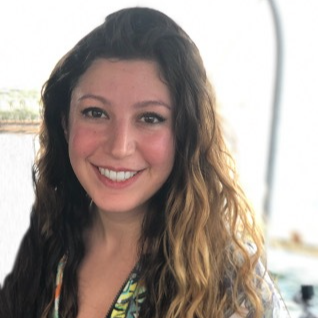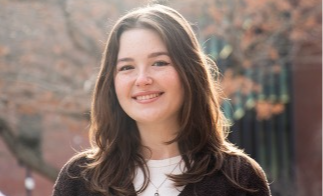Research Area
Manda Arbab is the Lodish Family Assistant Professor of Neurology at Boston Children’s Hospital and Harvard Medical School. Manda received her PhD in Regenerative Medicine at the Hubrecht Institute and Utrecht University in The Netherlands and completed her postdoctoral research at the Broad Institute of MIT and Harvard with David Liu. The lab uses genome editing to study neurological diseases and develop genome editing-based therapeutics. Many neurodegenerative diseases have a genetic underpinning, yet the cellular processes that result from the genetic abnormalities to cause pathology are often poorly understood. Her team uses genome editing to modify sequences implicated in neurological diseases and to study mechanisms of neurodegeneration, to develop therapeutic genome editing strategies to treat or cure these diseases using cells and animal models.
Team Description
We are a collaborative group of genome editing scientists at the Translational Neuroscience Center of Boston Children’s Hospital and Harvard Medical School department of Neurology. We strive to develop gene-based therapeutics for neurological diseases. Transformative research requires exceptional people with unique and diverse perspectives. We are committed to building a research community that respects, values, and supports all people, and creating a culture that promotes a sense of belonging and encourages creativity and collaboration.
Team Members
Team Show
Publications
Arbab M*, Matuszek Ż*, Xie J, Newby GA, Shen MW, Wang D, Gao G, Burghes AHM, Liu DR. Base editing rescue of spinal muscular atrophy in cells and in mice. Science (2023) DOI: 10.1126/science.adg6518
Arbab M*, Shen MW*, Mok B, Wilson C, Matuszek Ż, Cassa CA, Liu DR. Determinants of Base Editing Outcomes from Target Library Analysis and Machine Learning. Cell (2020) DOI: 10.1016/j.cell.2020.05.037
Shen MW*, Arbab M*, Hsu JY, Worstell D, Culbertson SJ, Krabbe O, Cassa CA, Liu DR, Gifford DK, Sherwood RI, Predictable and precise template-free CRISPR editing of pathogenic variants. Nature (2018) DOI: 10.1038/s41586-018-0686-x
Koblan LW*, Arbab M*, Shen MW*, Hussmann JA, Anzalone AV, Doman JL, Newby GA, Yang D, Mok B, Reploge JM, Xu A, Sisley TA, Weissman JS, Adamson B, Liu DR. Development of C•G-to-G•C transversion base editors from CRISPRi screens, target-library analysis and machine learning. Nature Biotechnology (2021) DOI: 10.1038/s41587-021-00938-z

